
HSE Psychologists Examine Baby Duck Syndrome in Digital Interface Users
Researchers of the HSE Laboratory for Cognitive Psychology of Digital Interfaces Nadezhda Glebko and Elena Gorbunova have examined the so-called ‘Baby Duck Syndrome’—the tendency among digital product users to prefer the the old version of an interface over a new one. The authors compare this phenomenon to similar cognitive biases such as the mere-exposure effect, the endowment effect, and the status quo bias. Their findings are published in Psikhologicheskie Issledovaniya [Psychological Studies].
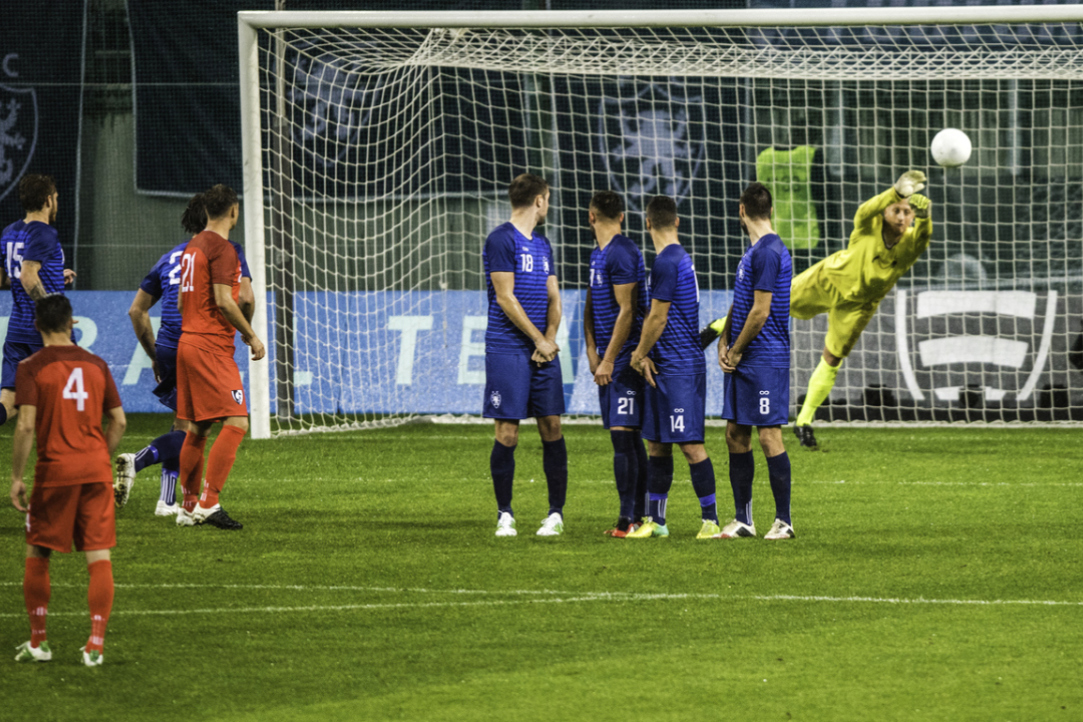
Defenders in Football Underrated in the Transfer Market
Having analysed the statistics of players in the German Bundesliga, researchers from the HSE University Laboratory of Sports Studies found that the impact of defensive actions by players during a football match is much greater than contribution of such actions to their market value. The results of the study were published in the journal Applied Economics.
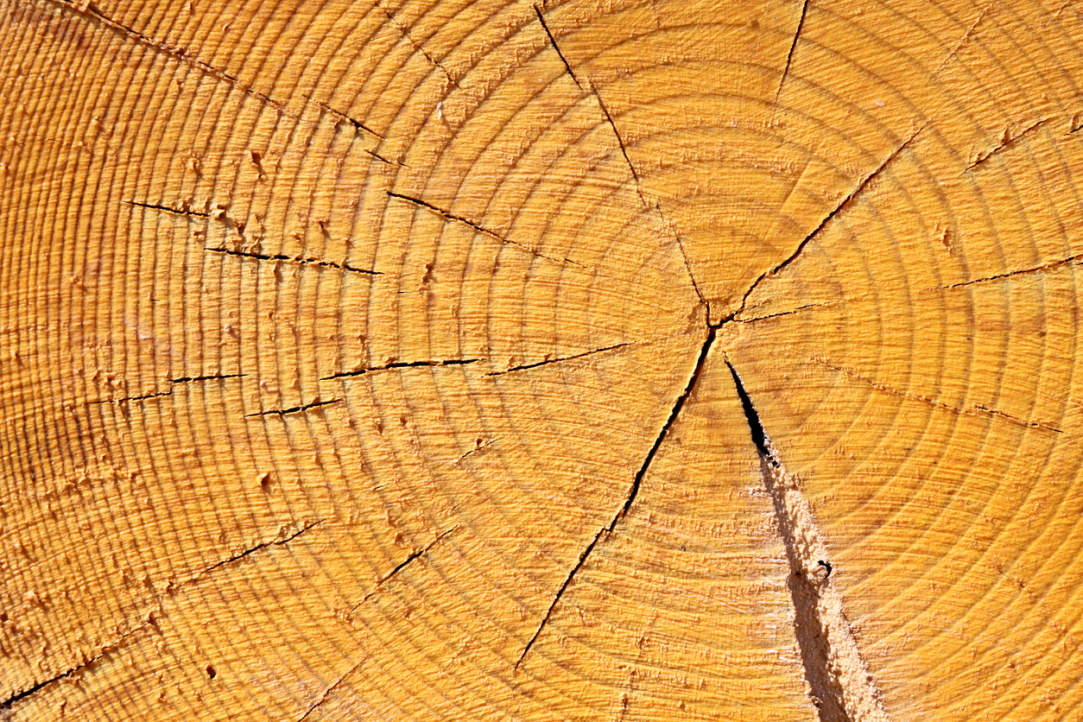
Middle Volga Experienced Half as Many Droughts in 20th and 21st Centuries as in 19th Century
These were the findings made by researchers of the HSE Faculty of Geography and Geoinformation Technology and the Russian Academy of Sciences Institute of Geography. They studied tree rings of Scots pines for an insight into the region's climatic past and published their results in Dendrochronologia.

HSE Researchers Can Now Measure Individual Decision-making Time
HSE researchers have developed an algorithm for estimating individual response preparation period duration. Their approach can help diagnose disruptions in decision-making and motor functions associated with certain diseases. The study findings are published in PLoS ONE. The research was financed by a megagrant from the Russian government as part of the 'Science and Universities' National Project.

Basic, General, and Home-based: Why Families Choose to Homeschool and What Challenges They Face in Doing So
There are many reasons why families choose to homeschool their children, from wishing to personalise their education to protecting them from bullying to strengthening the family bond. Those who decide to switch to homeschooling can face quite a few challenges, both logistical and psychological, including criticism from family members. IQ.HSE presents a few facts on homeschooling in Russia based on a paper by researchers of the HSE Institute of Education.

HSE Scientists Simulate Rogue Waves in Standing Wave Fields
Researchers from the HSE campus in Nizhny Novgorod, together with scientists from Australia and Japan, have built a model explaining the occurrence of abnormally high waves on the sea surface. Also known as rogue waves or killer waves, they often lead to accidents in the sea. The study findings are published in Physical Review Letters. The paper was selected as the Editor's Suggestion for its significance, novelty, and wide application. The research was financed by a megagrant from the Russian government as part of the 'Science and Universities' National Project and a grant from the Russian Foundation for Basic Research (RFBR).
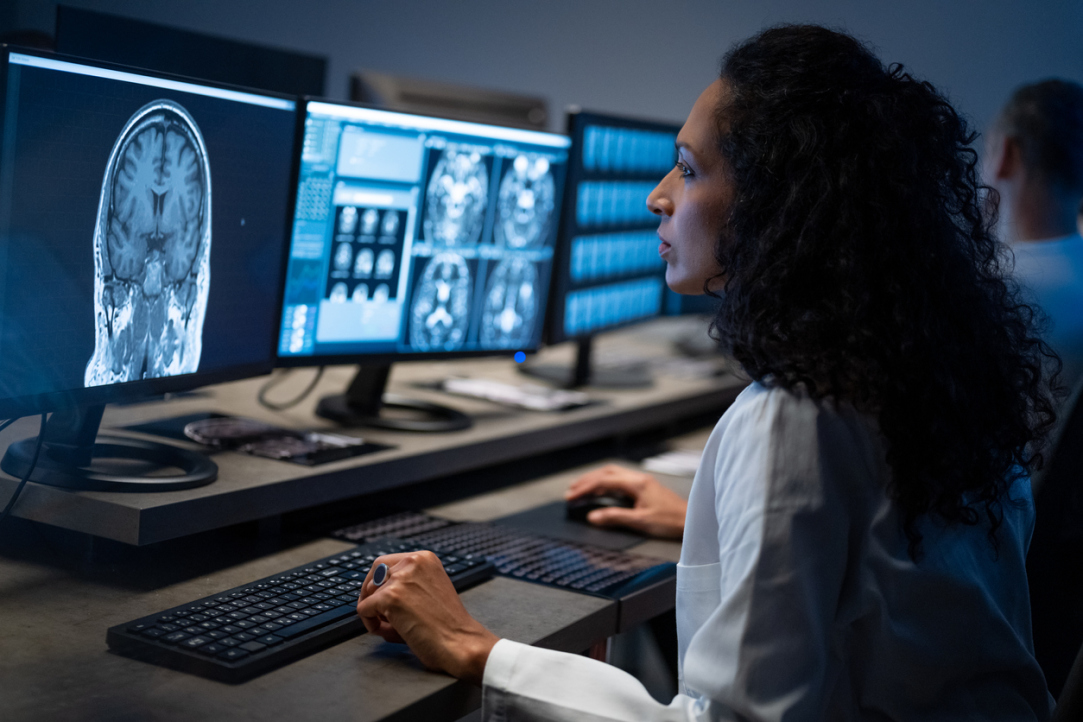
Neural Prosthesis Uses Brain Activity to Decode Speech
Researchers from HSE University and the Moscow State University of Medicine and Dentistry have developed a machine learning model that can predict the word about to be uttered by a subject based on their neural activity recorded with a small set of minimally invasive electrodes. The paper 'Speech decoding from a small set of spatially segregated minimally invasive intracranial EEG electrodes with a compact and interpretable neural network' has been published in the Journal of Neural Engineering. The research was financed by a grant from the Russian Government as part of the 'Science and Universities' National Project.
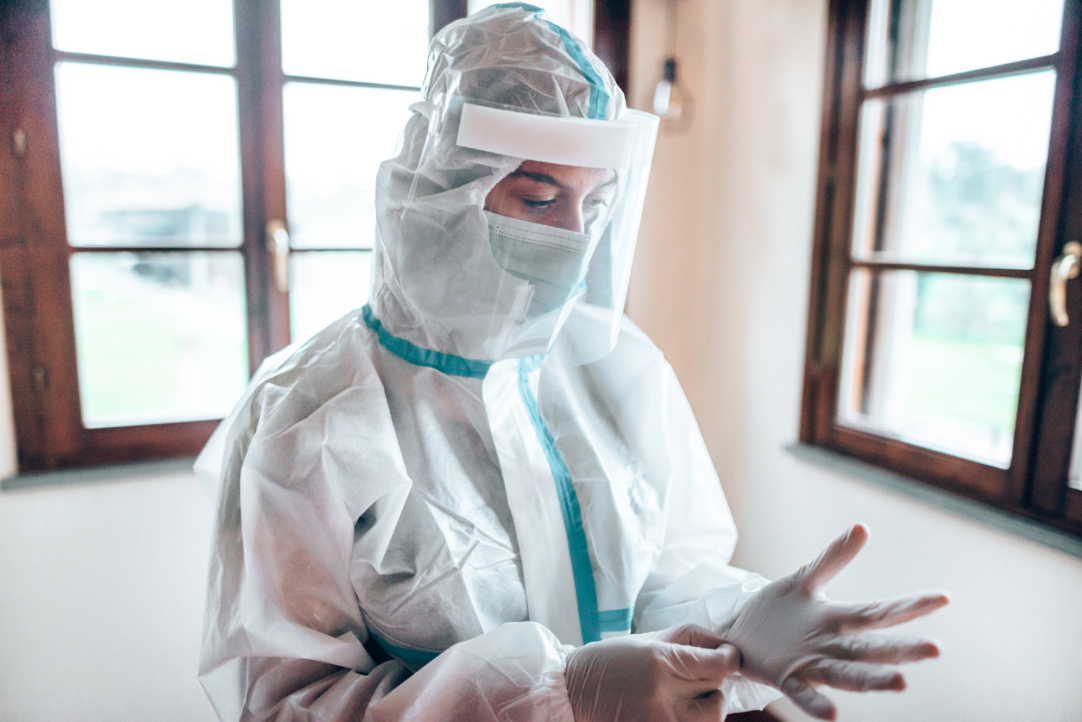
COVID-19 Mortality Highest in More Affluent Russian Regions
COVID-19 came as an unexpected challenge for humanity. Countries adopted different, sometimes diametrically opposed approaches to minimising the pandemic's impact: from hard lockdowns to no restrictions at all, as in Sweden. It was only last week that China began to relax its zero-tolerance policy. Researchers of the HSE Faculty of Economic Sciences have identified a few factors which tend to have the greatest impact on the spread of COVID-19—in Russia, such factors include ambient humidity and temperatures, population mobility, the share of internal migrants in the local population, and household incomes. The study findings are published in Population and Economics.
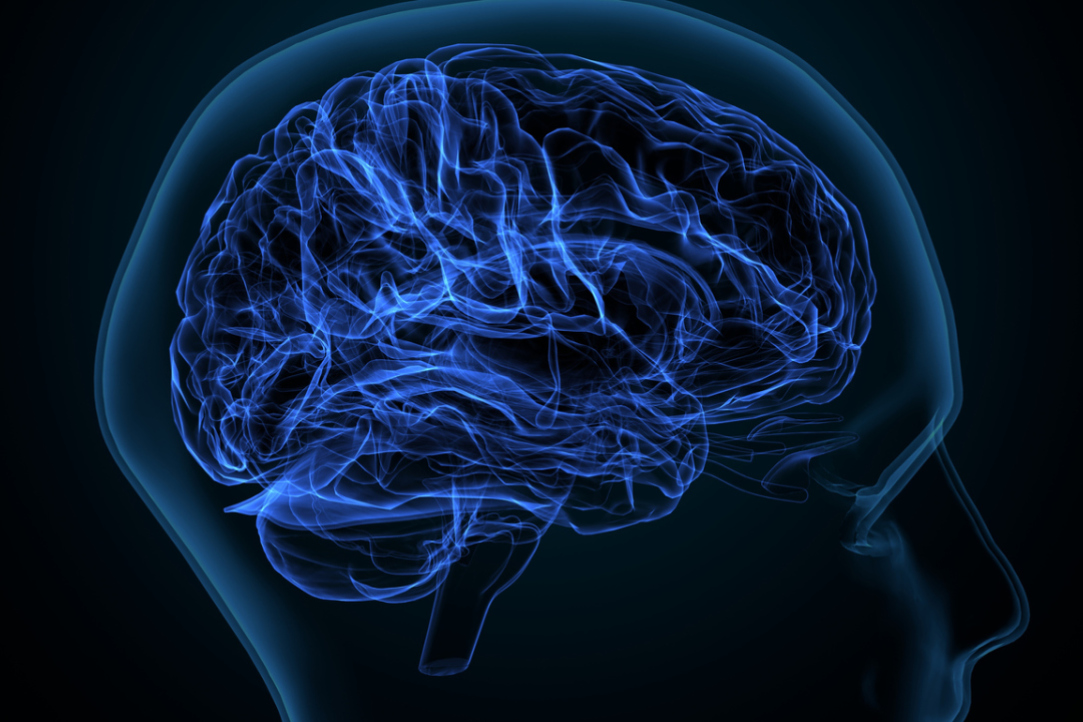
Corpus Callosum Found to Switch Off Right Hemisphere During Speech
A study by the HSE Centre for Language and Brain has confirmed the role of the corpus callosum in language lateralisation, ie the distribution of language processing functions between the brain's hemispheres. The authors came up with an innovative language task for their study subjects and applied advanced neuroimaging methods to the data collected. A paper on their findings has been published in PLoS ONE. The research was financed by a grant from the Russian government as part of the 'Science and Universities' National Project.

Fluoride Additive to Boost Production of Sedatives
Russian researchers from HSE University and the Russian Academy of Sciences Nesmeyanov Institute of Organoelement Compounds have come up with a new method of enhancing the chemical reaction involved in producing gamma-aminobutyric acid (GABA) analogues used in sedative drugs. Adding fluoride to the catalyst more than doubled the yield of the pure product and increased the total reaction yield by 2.5 times. This approach is expected to make the production of certain drug components more efficient and less costly. The study has been published in the Journal of Organic Chemistry.

